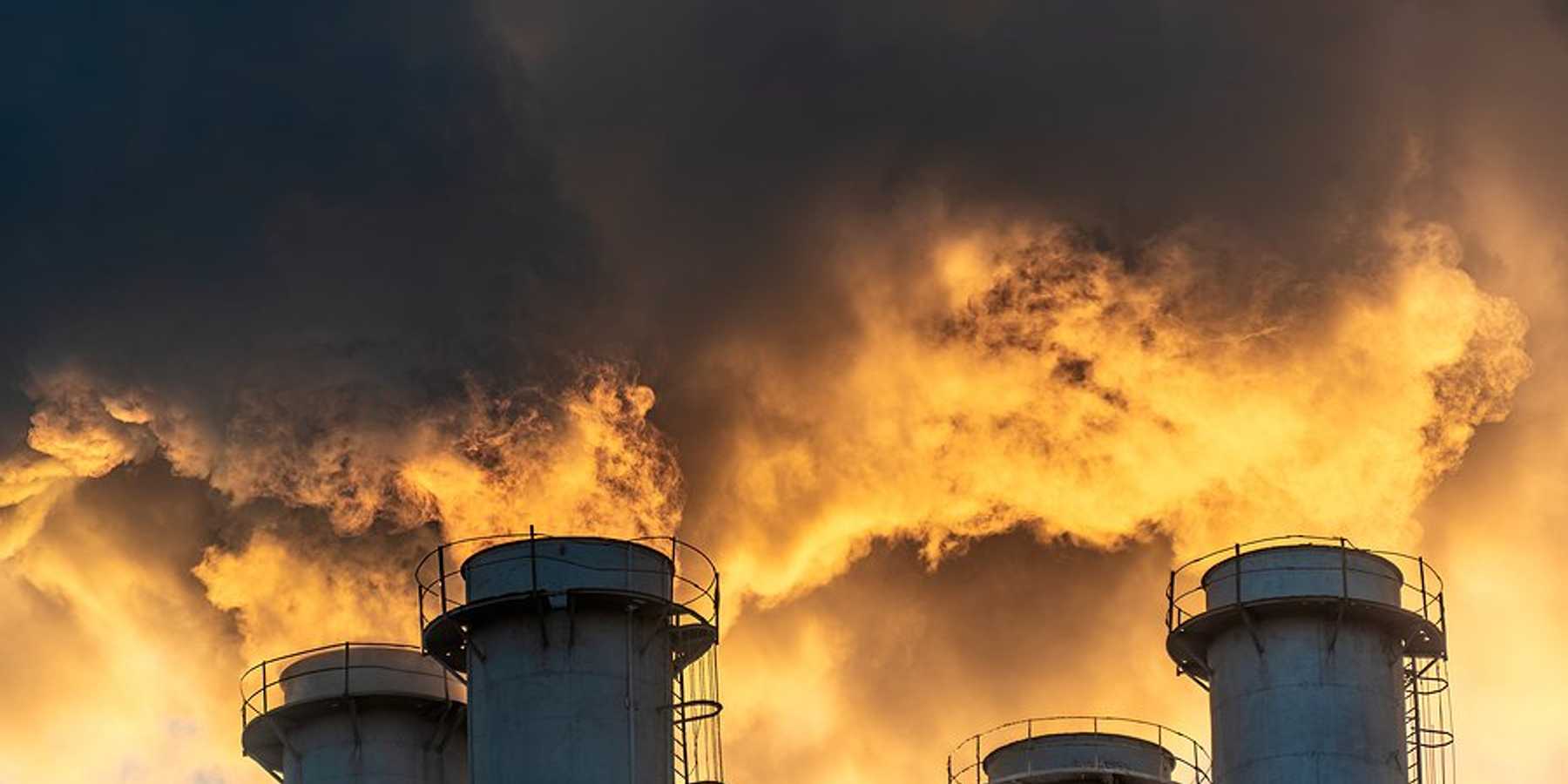
Oil and gas air pollution in the U.S. linked to tens of thousands of early deaths, study finds
Air pollution from U.S. oil and gas activity contributed to an estimated 91,000 premature deaths in 2017, with minority communities facing the heaviest health burdens, according to new peer-reviewed research.
Sharon Udasin reports for The Hill.
In short:
- The study found that nearly 90% of childhood asthma cases tied to nitrogen dioxide came from oil and gas operations.
- The end-use phase of oil and gas — including residential, commercial, and industrial combustion — caused 96% of the health burden.
- Native American and Hispanic communities were most impacted by early stages of fossil fuel development, while Black and Asian communities bore the brunt of downstream and consumer use pollution.
Key quote:
“These communities are already aware of this unjust exposure and the disproportionately large health burdens they experience.”
— Eloise Marais, geography professor at the University College of London and senior author of the study
Why this matters:
The health costs of fossil fuel pollution are not shared equally. Across the U.S., low-income neighborhoods and communities of color are more likely to sit near refineries, highways, and industrial zones where harmful emissions concentrate. These pollutants — including PM 2.5, nitrogen dioxide, and ozone — can trigger asthma, heart disease, cancer, and premature birth. Over time, the chronic exposure chips away at quality of life and deepens existing health inequities. The study’s findings also suggest these effects don’t stop at the border: Thousands of early deaths in Canada and Mexico may be tied to U.S. oil and gas pollution.
Read more: Colorado kids with leukemia are more than twice as likely to live near dense oil and gas development













